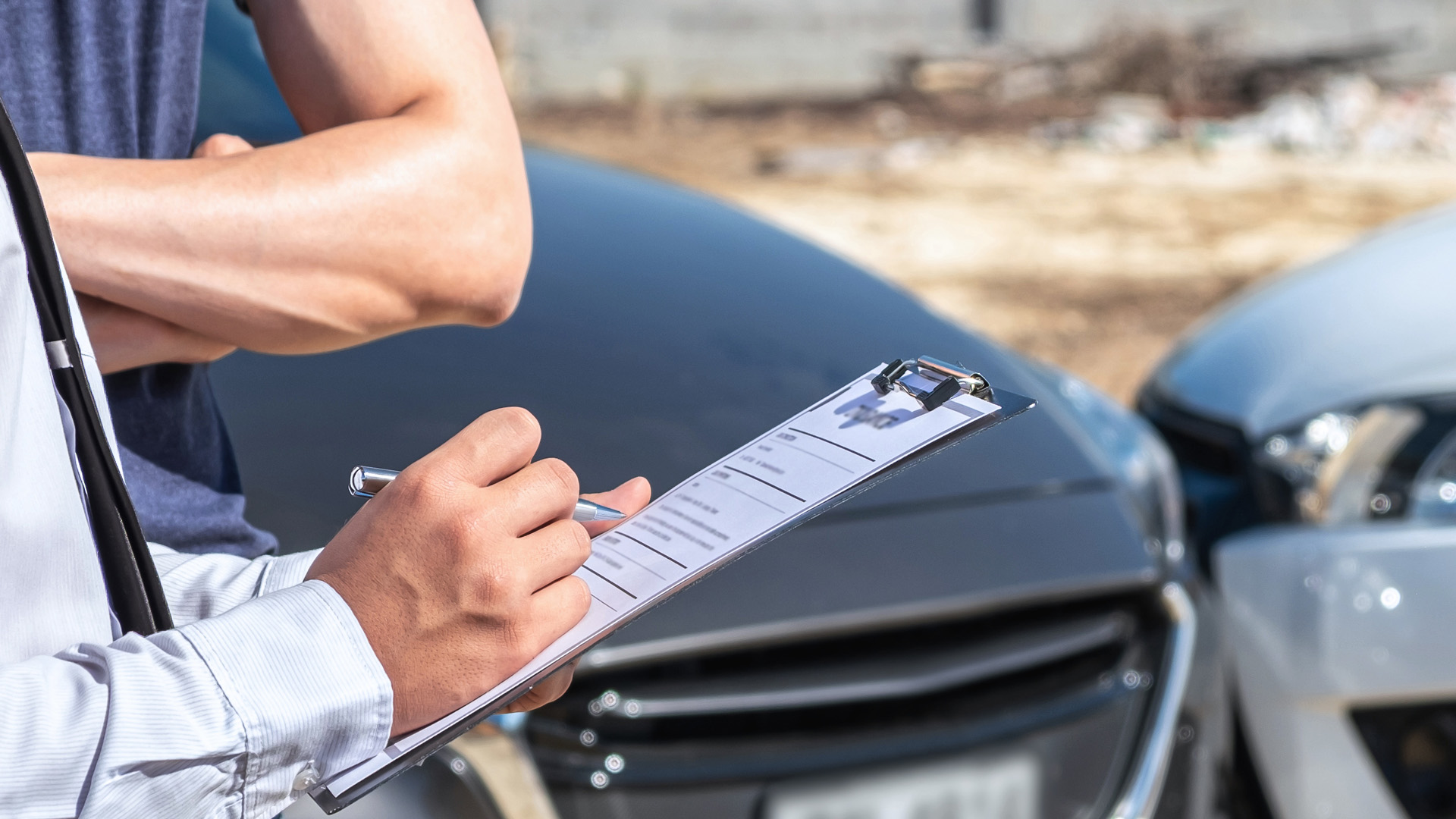Third-party insurance is also known as third-party liability insurance. It protects you if you are liable for any third-party costs as a result of an accident. Third-party insurance is compulsory in almost every country, but there are some variations in the type of coverage that is offered and the price that you pay for it. Third-Party Insurance provides financial protection if you are liable to someone else for damages or injuries that you cause as a result of an accident. Also known as liability insurance, it covers costs arising from your own negligence or wrongful acts. These could be medical bills, legal fees, even compensation for pain and suffering and lost wages if the victim cannot work because of your actions. There are two main types of third-party automobile insurance policies: a Broad third-party liability policy and a restricted third-party liability policy. A restricted policy will only cover you in situations where another person is not involved or at least not directly involved with your car in some way.
What is the importance of Third-Party Insurance?
Third-party insurance protects you financially if you are responsible for an accident or damage to another person’s property and they decide to make a claim against you. This holds you liable for the cost of another party’s loss. Without this insurance, you are personally liable for any loss or damage caused to another person or their property. You could be forced to sell your home or even declare personal bankruptcy in some cases.
Who needs to have Third-Party Insurance?
If you own a car or a motorbike or are a passenger in a car, you must have third-party insurance. In some countries, even cyclists are required to have one, and it is compulsory in almost all countries.
What does a Third-Party Insurance cover?
Third Party Insurance covers third-party or accidental losses from bodily injury to death or damage to property. Third-party insurance also covers the legal defence costs if you are sued as a result of an accident. It will not cover any losses incurred by yourself, your passengers or the owner of the property that is damaged. For example, if you hit a tree with your car, third-party insurance will cover the cost of repairing or replacing the tree but not the cost of repairing your car.
Key features of a good third-party insurance policy.
- The policy must be legally valid in your country of residence - Check the validity of the policy with your agent or insurer, as some insurers issue policies that are not valid in some countries. - The policy must provide sufficient cover for your particular risk - Third-party insurance is usually classified into different risk categories depending on the age and type of car or motorbike that you drive, your age and your past driving record. You should make sure that the amount of coverage provided in the policy is sufficient for your particular risk. - The premium must be affordable - Before purchasing a policy, make sure that you compare the rates offered by various insurance companies. Shop around and ask for quotes from different companies. Try to choose a company that gives low rates but offers good service. - The policy must be easy to understand - The language used in the policy must be clear and easy to understand. If you have any doubts about the policy, ask your agent or insurer to explain the terms in simpler language. - The policy must have a low cancellation or termination fee - If you plan on keeping the policy for a short period, you should choose a policy that has a low cancellation fee.
What is Collision and Comprehensive Coverage?
Collision Coverage - This coverage pays for damage to your car as a result of a collision. You may be liable for paying for or repairing the damage to another car or your own car if you are at fault. Comprehensive Coverage - This coverage provides protection against loss from damage caused by events other than a collision, including vandalism, theft and natural disasters.
Summing up
Third-party insurance is compulsory in almost every country, but there are some variations in the type of coverage that is offered and the price that you pay for it. The policy must be legally valid in your country of residence, the policy must provide sufficient cover for your particular risk, the premium must be affordable, the policy must be easy to understand, and it must have a low cancellation or termination fee.
United Insurance Company
United Insurance Company (Sudan) Ltd has been providing quality services in Sudan for more than five decades. Since its creation in 1968 by some of the country's most prominent figures, United Insurance Company (Sudan) Ltd has been assisting the market continuously. We offer value-priced insurance services to safeguard our customers' businesses, which include some of the most important companies and organisations in Sudan. United Insurance Company (Sudan) Ltd strives to be the ethical insurance leader in Africa by providing innovative, ethical and customised solutions that exceed our customers' expectations. The company provides several types of insurance, such as motor, fire, engineering, marine, export credit, bond, finance, agriculture, livestock, miscellaneous, war, political violence, and medical insurance.


